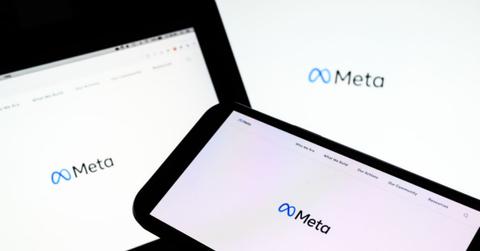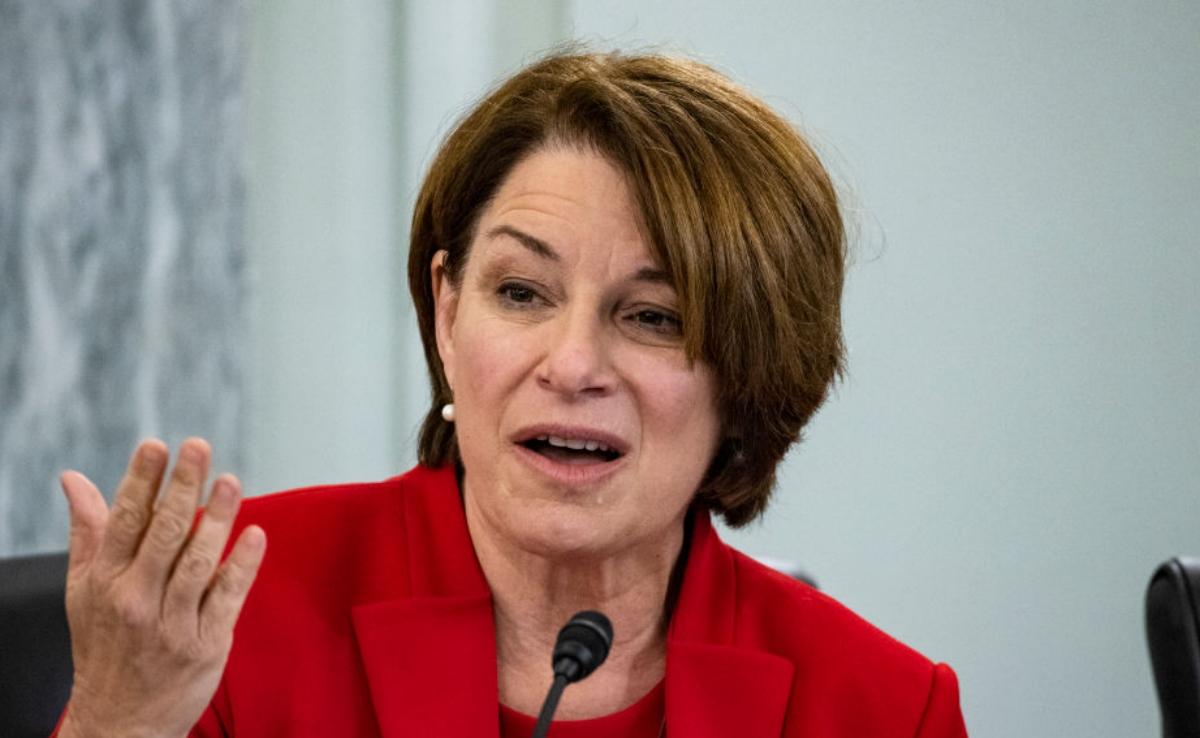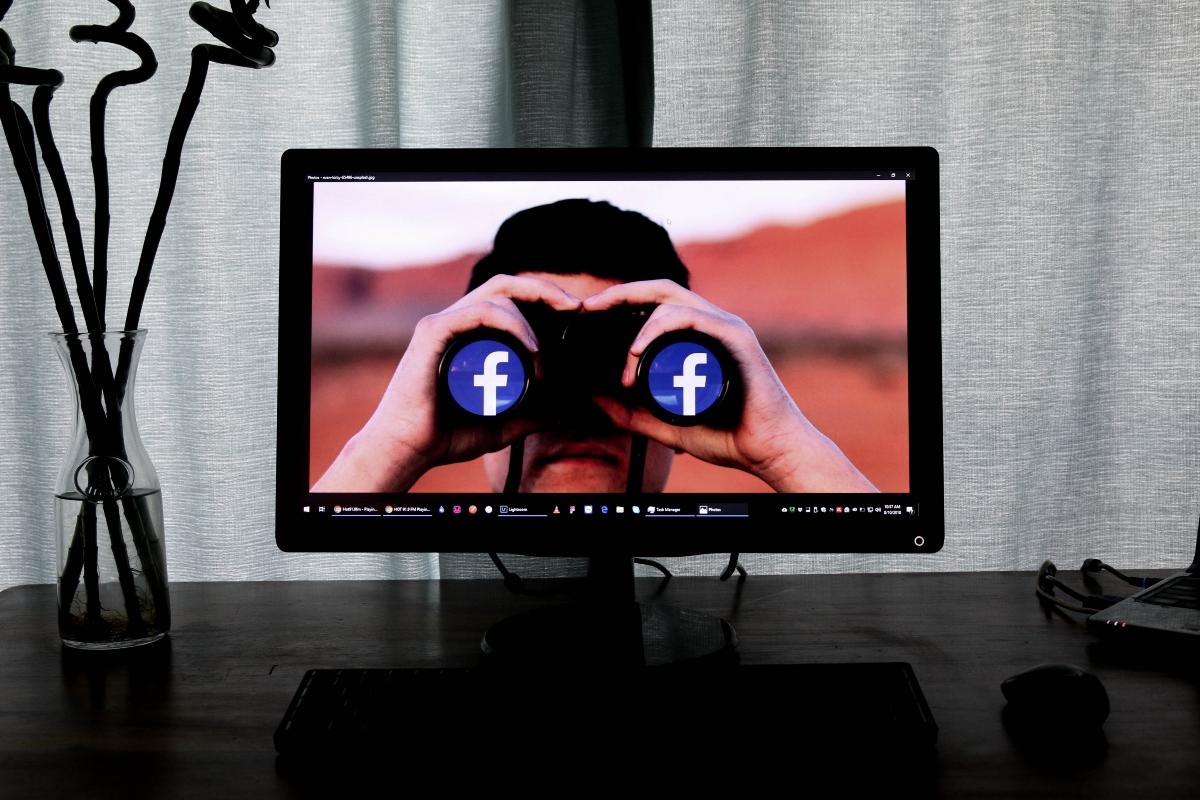Find Out If You're Eligible for Facebook Privacy Settlement Money
The Facebook class-action lawsuit payout is a massive total, but you must file a claim. Here's who's eligible for the Facebook settlement money.
April 19 2023, Updated 11:57 a.m. ET

Facebook, or Meta, has come to an agreement in a class action lawsuit. Who qualifies for a payout?
If you used Facebook between approximately 2007 and 2022, there's a good chance you are eligible for a payout in a new class-action settlement. A new class-action settlement website has gone live, and that's where people can file a claim or opt out. But why is there a Facebook class-action lawsuit payout, and who is eligible to get some of the money?
Facebook has faced plenty of scrutiny in recent years, with CEO Mark Zuckerberg testifying before Congress on multiple occasions and in court. The company's apparent lack of regard for user privacy is at the heart of the most recent class-action lawsuit, which resulted in a multi-million-dollar payout from the social media giant.

Here's why Facebook settled in this class-action lawsuit with a payout.
The Facebook class-action lawsuit payout is a sum of money that Facebook has agreed to pay users who may have been affected by its past data-sharing policies. As The Washington Post reported, in 2018, news broke that Cambridge Analytica, a data-mining firm, had taken data from up to 87 million Facebook users. Several cases were consolidated to create a class-action suit against the company.
Those who brought the lawsuit claimed Facebook gave third-party users access to Facebook user data without consent. Meta's decision to settle isn't an admission of wrongdoing, and Meta will pay $725 million in the class-action lawsuit settlement. The settlement received preliminary approval in March and will need to get final approval in September.
The $725 million figure, according to a law firm for the plaintiffs, Keller Rohrback, is “the largest settlement ever of a privacy class action in the United States.” Meta stated that the company had "revamped our approach to privacy" and settled "in the best interest of our community and shareholders."

Sen. Amy Klobuchar has worked on Senate subcommittees investigating user privacy at companies like Facebook.
There's a way to check if Facebook owes you money.
The people affected by Facebook's alleged behaviors over a 16-year time span have a few options regarding the class-action settlement. You can check the website FacebookUserPrivacySettlement.com to find out more. Anyone who used Facebook during a specific time frame can either file a claim, opt out of the settlement, object to the settlement, or do nothing.
Any U.S. user of Facebook between May 24, 2007, and Dec. 22, 2022, may be eligible for part of the Facebook class action lawsuit payout. The website states, "Your rights are affected whether you act or don't act."
These are the dates to remember:
- July 26, 2023, is the opt-out deadline
- July 26, 2023, is also the objection deadline
- Aug. 25, 2023, is the claim deadline
- Sept. 7, 2023, is the final approval hearing
If you want to file a claim to be eligible for your portion of the settlement, follow the instructions on the settlement website by Aug. 25, 2023.

Opting out means that you can't receive any payment from this settlement. You might prefer this if you intend to sue Facebook on your own or in a different lawsuit. Objection to the settlement means you can write to the Court why you don't like the settlement; however, you can also file a claim even if you object.
How much money people receive from the settlement depends on the number of claims.
The amount of money per claimant depends on how many eligible people file a claim. According to the Post, eight named plaintiffs may each receive up to $15,000. Plus, up to 25 percent of the $725 million ($181.25 million) may go toward legal fees. The amount remaining will be divided among the total users who file a claim, which may be tens of millions of people.
You can join the Facebook class-action lawsuit signup in 2023.
Go to the settlement website and follow the prompts for submitting a claim. Eligible individuals (Facebook users in the U.S. between May 24, 2007, and Dec. 22, 2022) can file a claim online or download a claim form and mail it to the proper address. You must do this no later than Aug. 25, 2023, to qualify.
